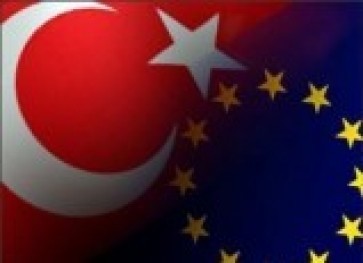IMPORT LICENCES FOR OLD-SECOND HAND-RENOVATED GOODS, SURVEILLANCE MEASURES AND "CIF" PRICES IMPOSED BY TURKEY
Turkey requires for imports of second hand goods - old, used or renovated - an import license. This limitation derives from article 7 of the Turkish Import Code (Council of Ministers n°1995/7606 published in the Turkish Official Gazette dated 31 December 1995). According to Article 7 of the Turkish import regime, the importation of old, used, renovated, faulty and obsolete goods is subject to permission by the Under-secretariat for Foreign Trade. Some second hand goods (in general, capital goods used in different sectors such as food, packaging, textile, machinery, mining and metal, construction, transportation etc.) which are listed as an annex to the import regime can be imported freely provided that they are not older than 10 years.
There is no clear definition of what is an old-second hand-renovated good. As a result, even new or quasi new products can fall in that category. Retreaded tyres do fall in that category according to Turkish administration, and Michelin has already complained several times on this (but not other EU tyres manufacturers). Furthermore, it has been reported that goods produced in year x but exported in year x+1 could fall in that category too. CLEPA has also complained because one of its members could not import used capital equipment.
This is a breach in the free movement of goods guaranteed by Articles 5 to 7 of Decision 1/95 of the EC-Turkey Association Council of 22 December 1995.
This issue has been raised several times in the CUJC meetings, and in ad-hoc high level meetings on trade issues in October 2010 and January 2011. The import regime for second hand goods can be interpreted as a de facto import ban instead of an import control. There is an opening benchmark related to import licenses in chapter 1 – free movement of goods.
Turkey has introduced burdensome measures for surveillance that are contrary to the Customs Union provisions and the WTO. These measures apply in all cases where the importer indicates a product value which is below an officially fixed value (called CIF). In practice, this forces importers to artificially indicate a too high product value (i.e. the CIF reference value) to avoid this procedure. However, this practice is to their detriment in the calculation of non-refundable taxes, and thus discriminatory compared to domestic producers (e.g. in the area of TVs). The surveillance should only be used for statistical purposes in accordance with the EU acquis.
The EU surveillance system is implemented automatically by the customs authorities of EU Member States and the collected data is transferred to the Commission. Importers in the EU are not even informed that a product is subject to surveillance. On the contrary, Turkey adopts surveillance measures which are not related to existing or upcoming trade defence instruments. Furthermore, some of Turkey's surveillance measures have been in force for a long period of time (e.g. since 2004) which goes beyond the statistical purpose. This issue has been raised in several ad hoc-meetings on trade issues, and lately in high level meetings on October 2010 and January 2011.






